Indigenous Governance Database
communication

Indigenized Communication During COVID-19
During times of crisis, the messages we send to our stakeholders matter more than ever. Tribal governments and Native organizations are on the frontlines of the COVID-19 pandemic and are making important decisions to protect the health and safety of their people. As Indigenous people, we…

Broadband in Libraries
The Institute of Museum and Library Services (IMLS) held a public hearing to examine the need for high-speed broadband in the nation’s libraries. Former FCC Chair Reed Hundt told the audience that there was “no Washington consensus” around the issue of broadband in libraries, and urged the…
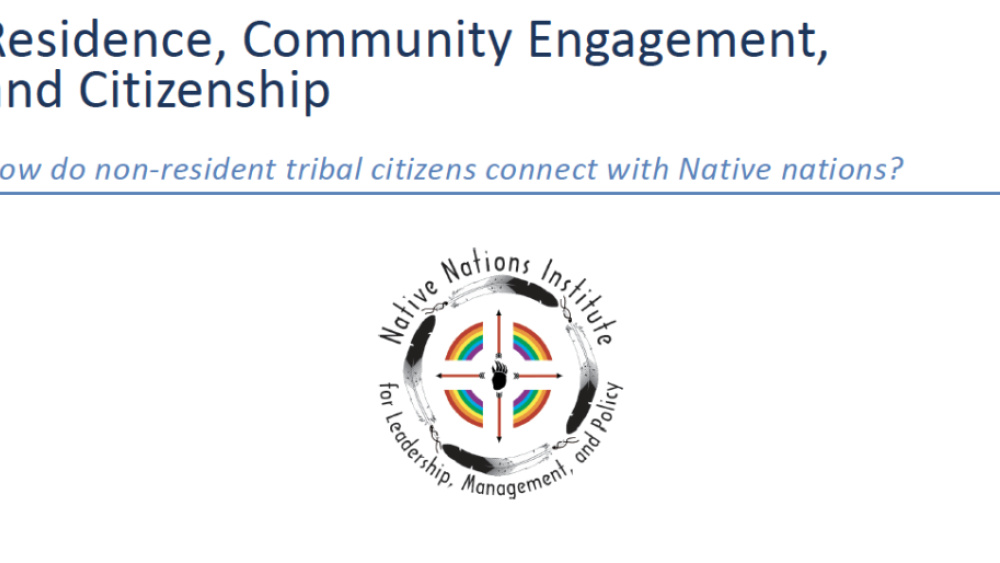
Residence, Community Engagement, and Citizenship: How do non-resident tribal citizens connect with Native nations?
The research draws from an online survey targeted primarily at younger tribal citizens living away from tribal lands; this project provides preliminary insight into 1) non-resident citizens' engagement with their tribes, and 2) the ways tribes might connect more effectively with non-resident…
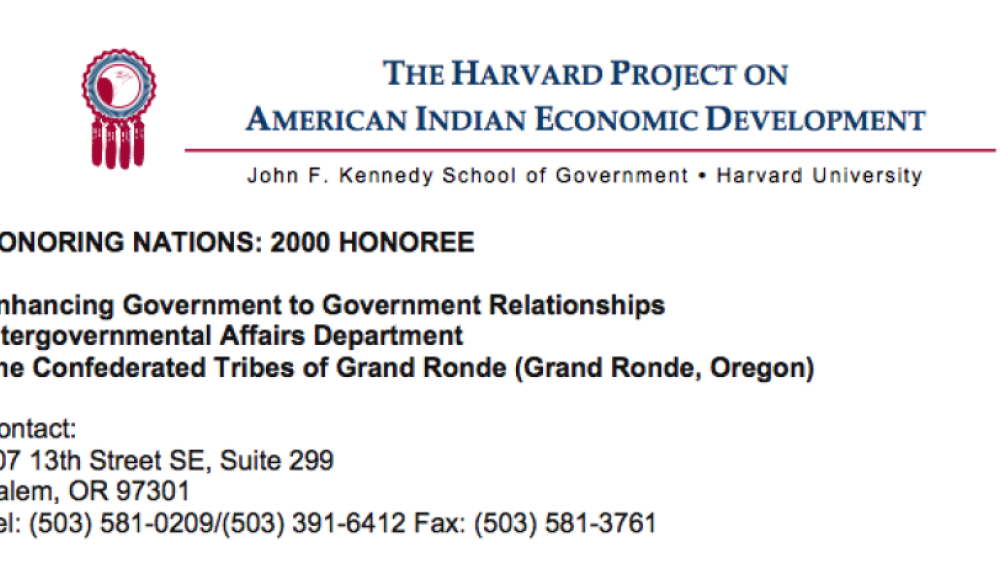
Enhancing Government-to-Government Relationships (Grand Ronde)
The Intergovernmental Affairs Department has achieved positive intergovernmental relationships with federal, state, and local governments by pursuing a five-pronged strategy of communication, education, cooperation, contributions, and presence. Since the Department’s creation, the Tribe has raised…
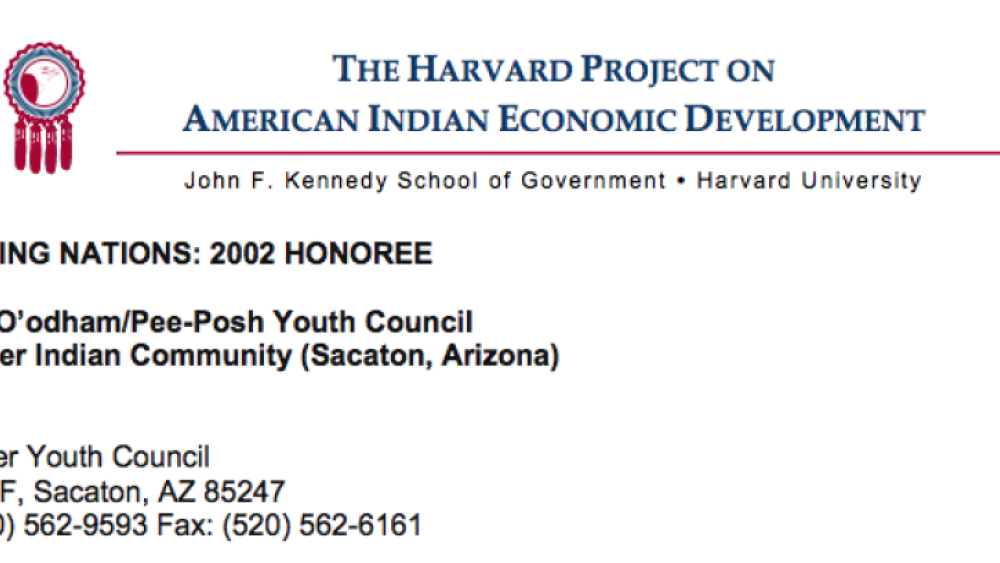
Akimel O'odham/Pee-Posh Youth Council
Recognizing that their youth possess critical insight on a full range of governing issues, tribal leaders chartered the Akimel O’odham/Pee-Posh Youth Council in 1988 to give youth a formal voice within the tribal government. The Council is comprised of 20 youth between the ages of 14-21, who are…
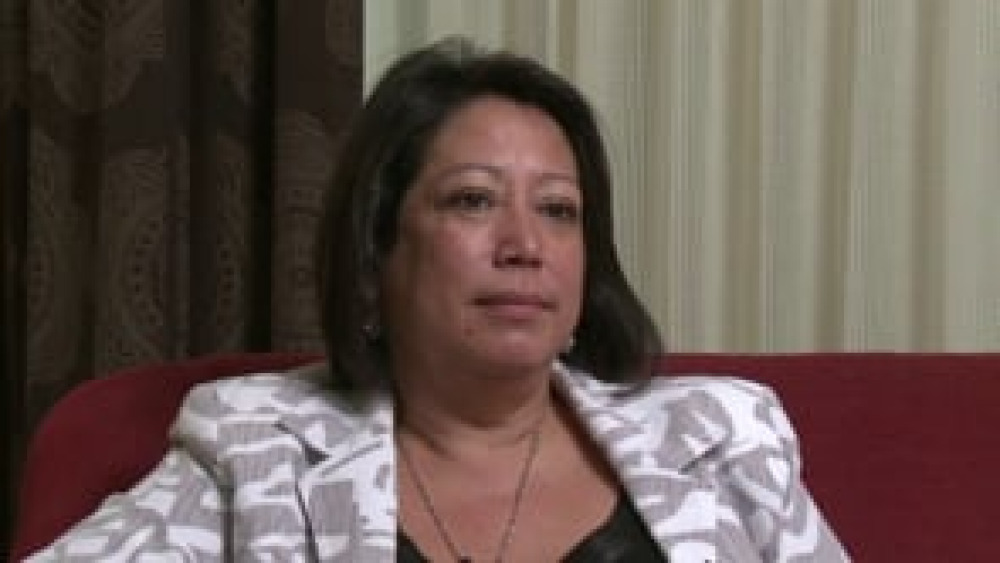
Angela Wesley: Huu-ay-aht First Nations' Forging of a New Governance System
Angela Wesley, Chair of Huu-ay-aht Constitution Committee, discusses the painstaking effort the Huu-ay-aht First Nations undertook to develop a new constitution and system of governance, and how they continue to work to turn the promise of self-governance embodied in their new constitution into…
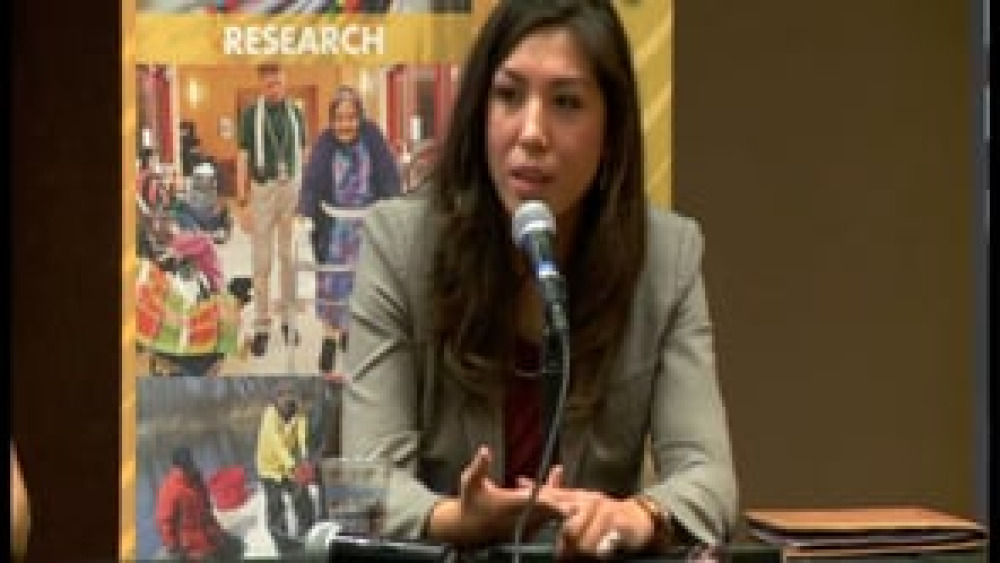
Paulette Jordan and Arlene Templer: Engaging the Nation's Citizens and Effecting Change (Q&A)
Paulette Jordan and Arlene Templer field questions from the audience, offering more details about how they mobilized their fellow tribal citizens to buy into the community development initiatives they were advancing.
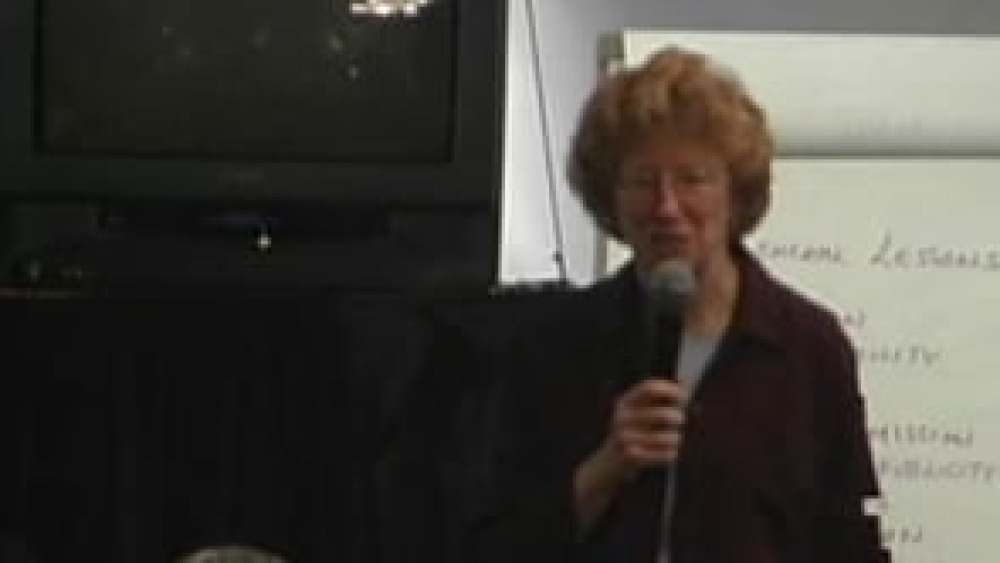
Honoring Nations: Mary Jo Bane: Preventive Health in Brazil
Harvard professor Mary Jo Bane frames the session "Building Great Programs in a Political Setting" with an intriguing case study of a preventive health care initiative in Brazil, illustrating that effective program management can be achieved even in a highly political governance environment.
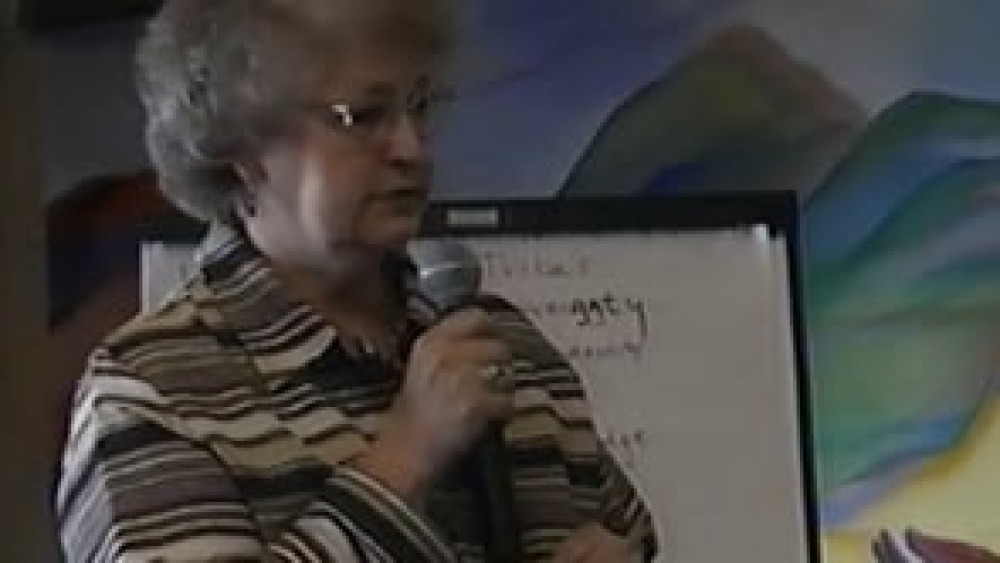
Honoring Nations: Julia "Bunny" Jaakola: Education and Social Services
Julia "Bunny" Jaakola reports back to her fellow Honoring Nations symposium attendees about some of the keys to effective governance that the education and social services breakout session participants identified.
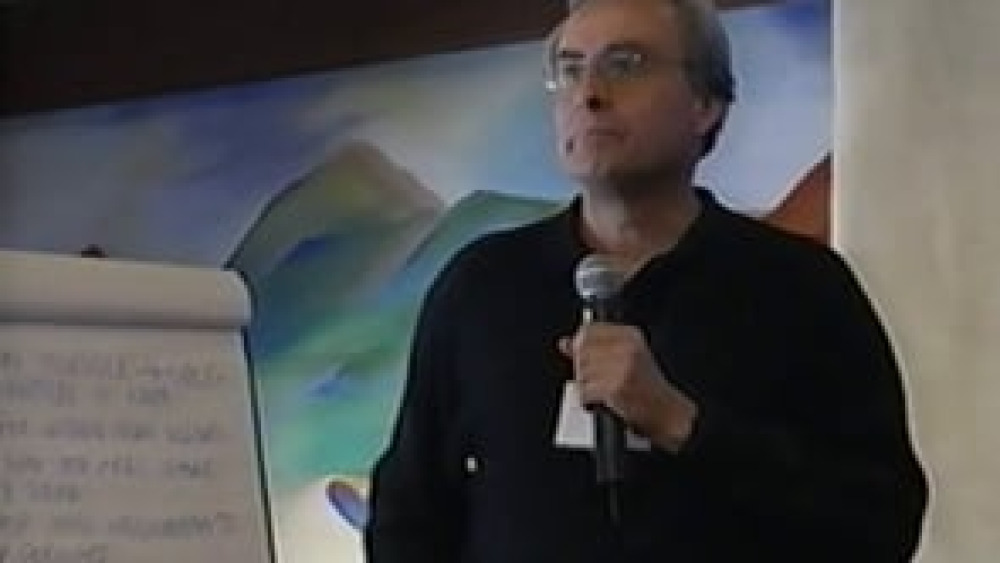
Honoring Nations: Roger Boyd: Economic and Community Development
Economic development specialist Roger Boyd (Navajo) reports back to his fellow Honoring Nations symposium participants the consensus from his group regarding some strategies that Native nations should think about and pursue in order to build a sustainable framework for economic development.
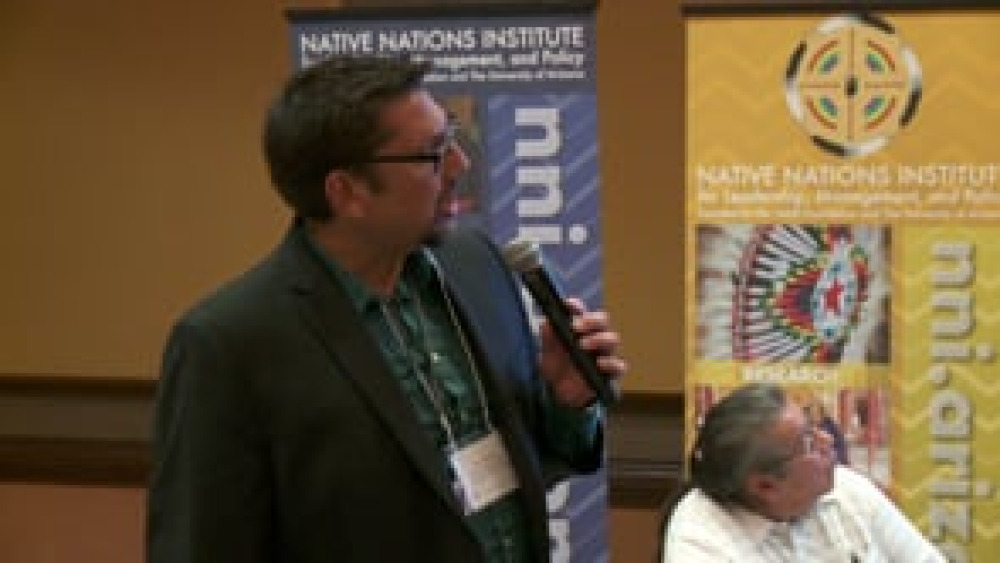
Robert McDonald: Engaging the Nation's Citizens and Effecting Change: The Salish and Kootenai Story
Confederated Salish and Kootenai Tribes (CSKT) Communications Director Robert McDonald discusses the challenges his nation faces when it comes to effectively educating and engaging its citizens -- particularly in the age of social media -- and what the nation is starting to do about it. He…
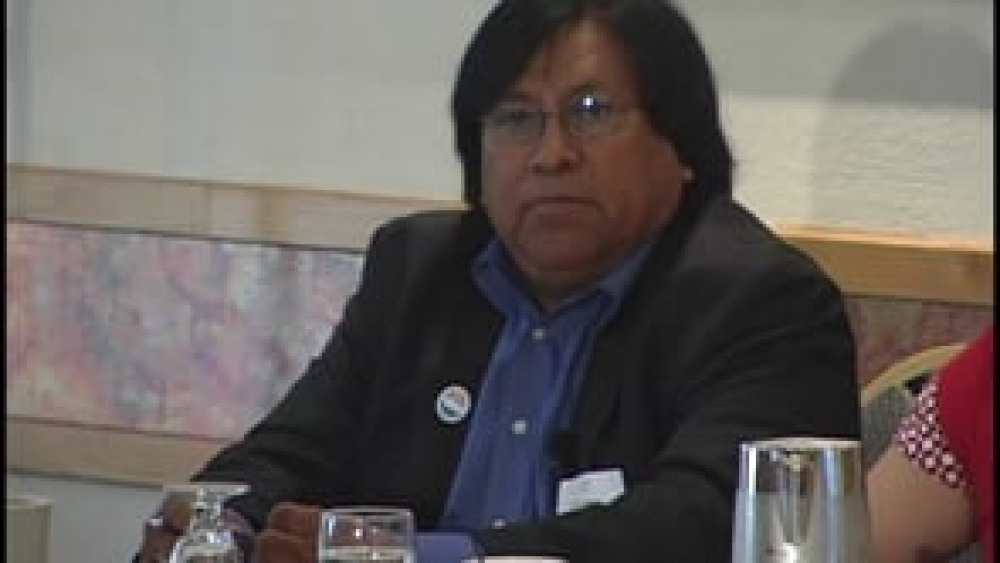
Cecil F. Antone: Nation-Owned Businesses: Gila River Telecommunications, Inc.
Former Gila River Indian Community Lieutenant Governor Cecil F. Antone provides an brief overview of the evolution and growth of Gila River Telecommunications, Inc. (GRTI), an enterprise of the Gila River Indian Community.
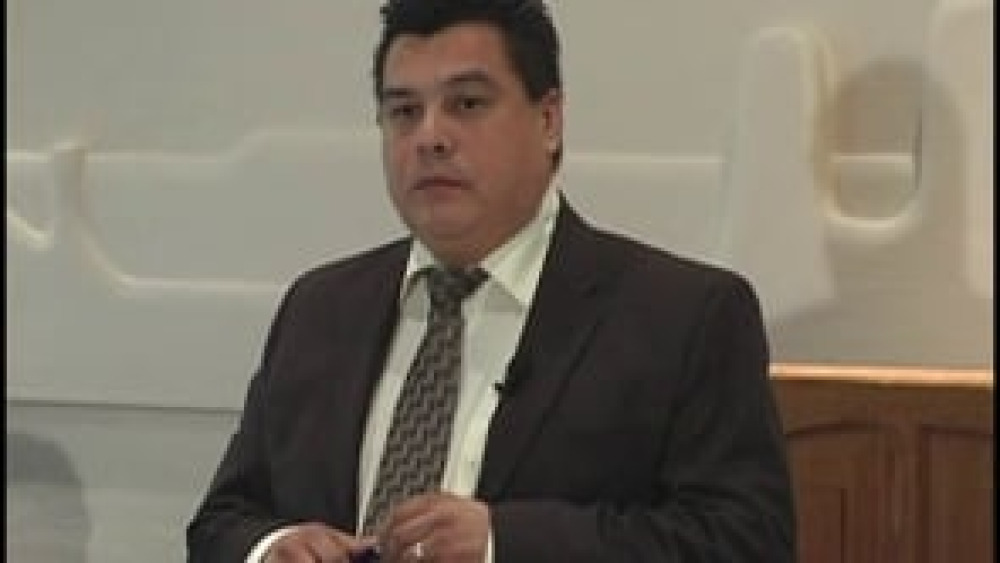
Brian Titus: Nation-Owned Enterprises: Osoyoos Indian Band Development Corporation
Osoyoos Indian Band Development Corporation (OIBDC) Chief Operating Officer Brian Titus provides an overview of OIBDC and the reasons for its success, notably the great lengths it goes to educate Osoyoos citizens about the corporation's activities and overall health.
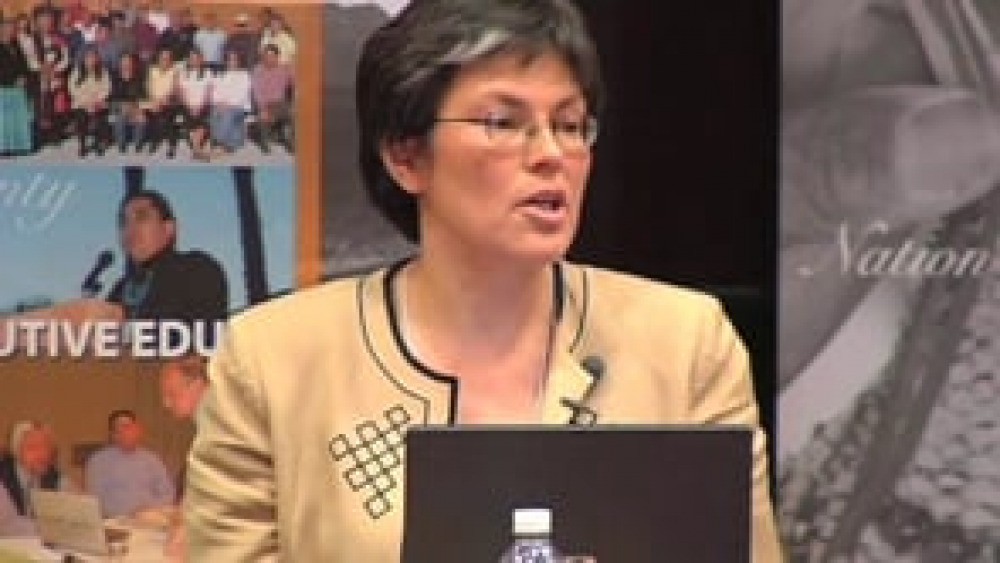
Patricia Ninham-Hoeft: What I Wish I Knew Before I Took Office (2008)
Oneida Nation Business Committee Secretary Patricia Ninham-Hoeft reflects on her experience as a leader of her nation, and shares a list of the five leadership skills she wished she had mastered before she took office.
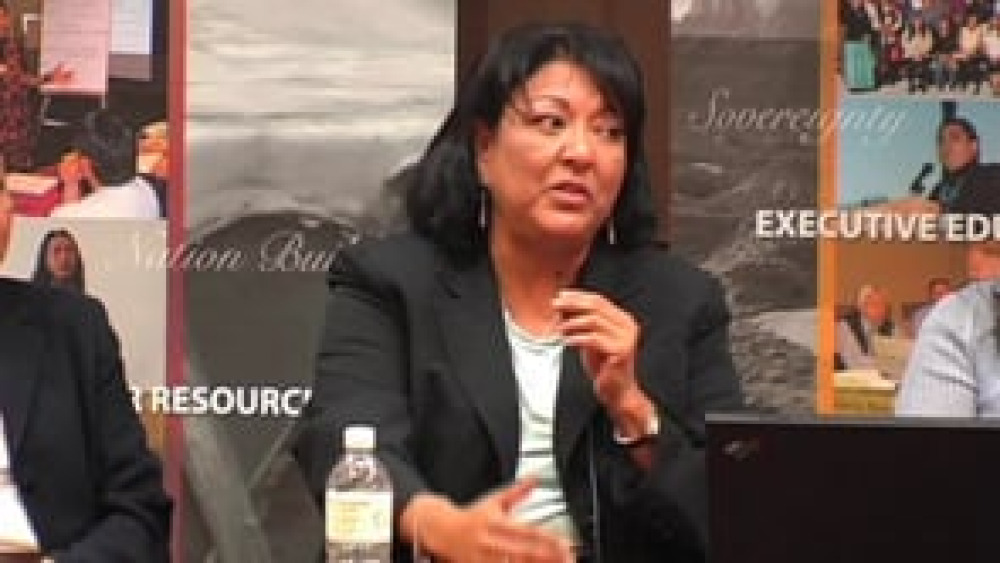
Sheila Morago, Jill Peters, and Theresa M. Pouley: Some Tools to Govern Effectively (Q&A)
Sheila Morago, Jill Peters, and Theresa M. Pouley field questions from the audience concerning lobbying, the importance of public education about tribal sovereignty and development, and how the Tulalip Tribal Court deals with fetal alcohol syndrome and its effects.
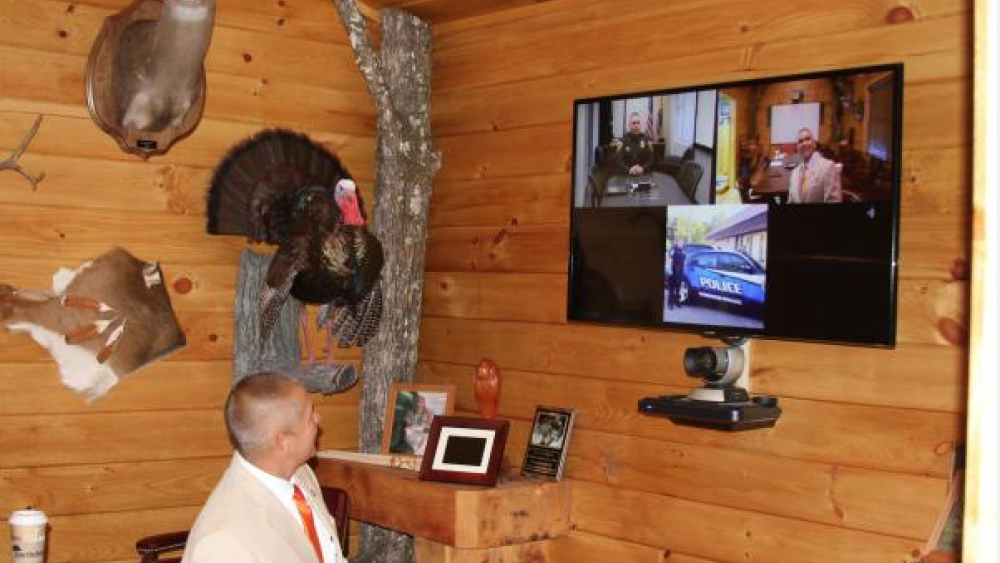
Face Time: Video Conferencing App Improves Business Relations for Eastern Band of Cherokees
Many employees of the Eastern Band of Cherokee Indians who tote tribal issued mobile devices are–or will be soon–getting more face time in with a video conferencing application. The Eastern Band, which employs about 1,100 workers, began its deployment of ClearSea, a high-definition video…
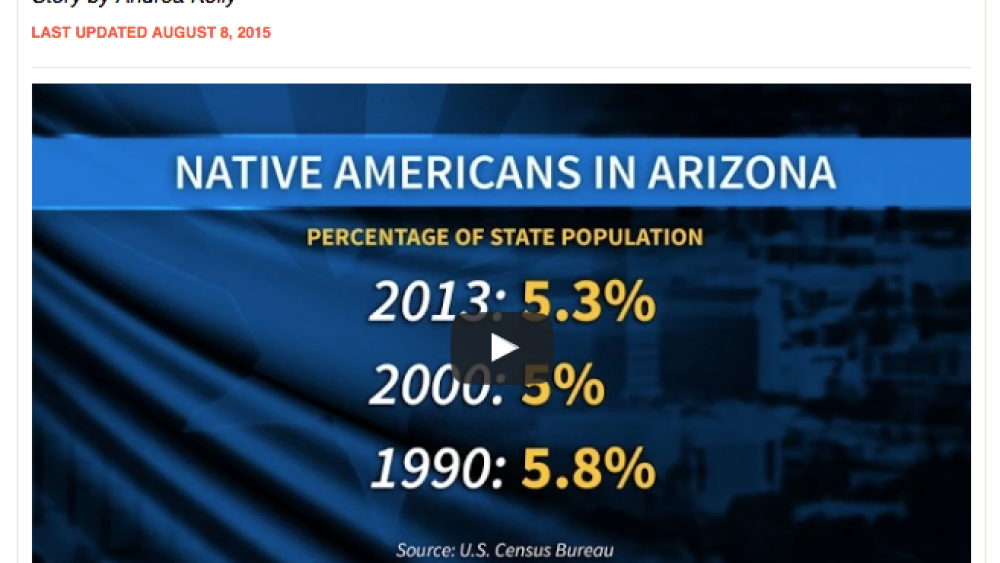
Metro Week: Native American Youth Desire Ties to Homeland
Arizona has 21 American Indian tribes, and 5.3 percent of the state population reports tribal membership to the U.S. Census Bureau. Metro Week explores Native American culture and education. On the program: The Native Nations Institute, a research unit at the University of Arizona, surveyed young…
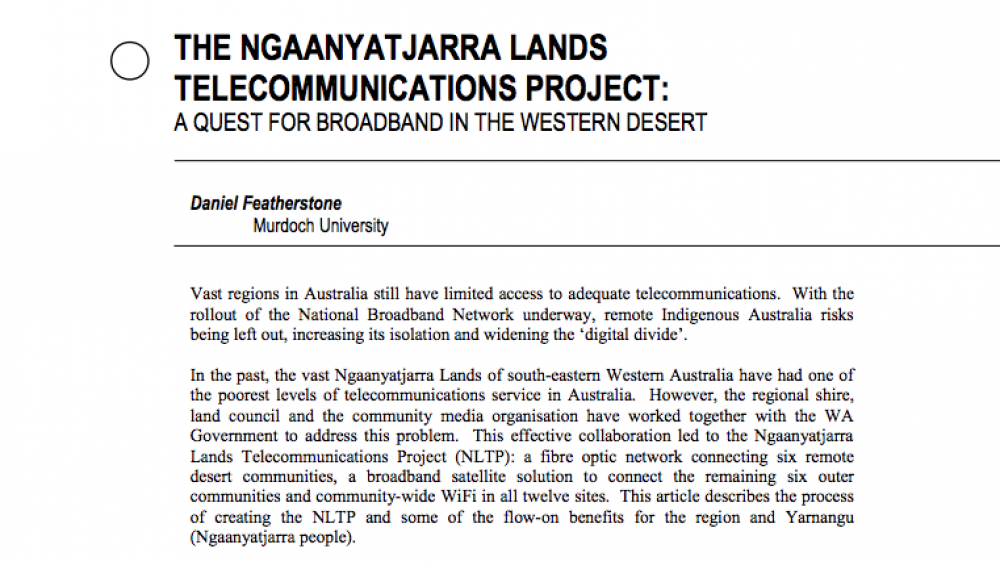
The Ngaanyatjarra Lands Telecommunications Project: A Quest for Broadband in the Western Desert
Vast regions in Australia still have limited access to adequate telecommunications. With the rollout of the National Broadband Network underway, remote Indigenous Australia risks being left out, increasing its isolation and widening the ‘digital divide’. In the past, the vast Ngaanyatjarra…
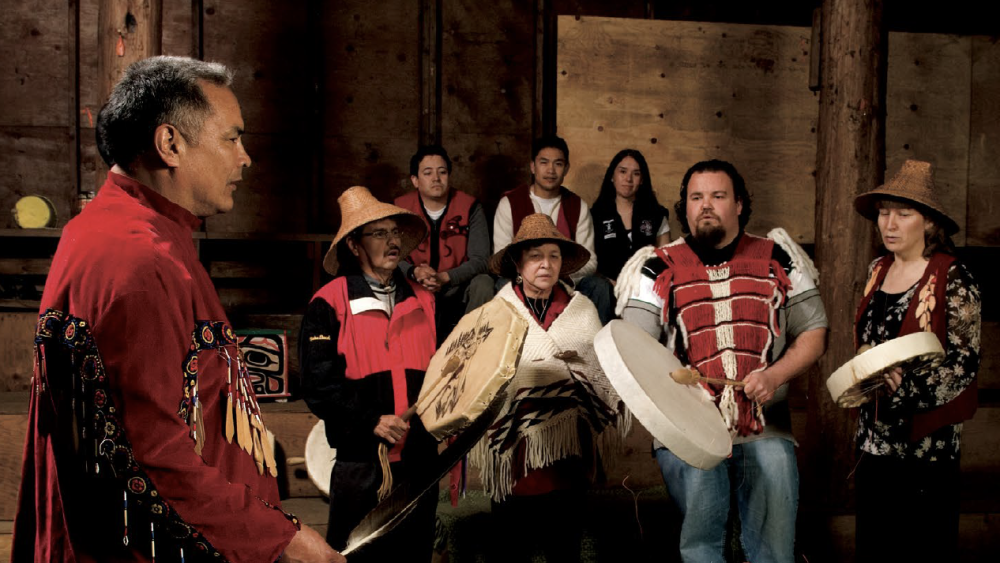
First Nations Communications Toolkit
The First Nations Communications Toolkit is a unique resource jointly developed by Indian and Northern Affairs Canada, BC Region, and Tewanee Consulting Group. This Toolkit was designed explicitly for First Nations communicators and is based on input from First Nations communicators and…
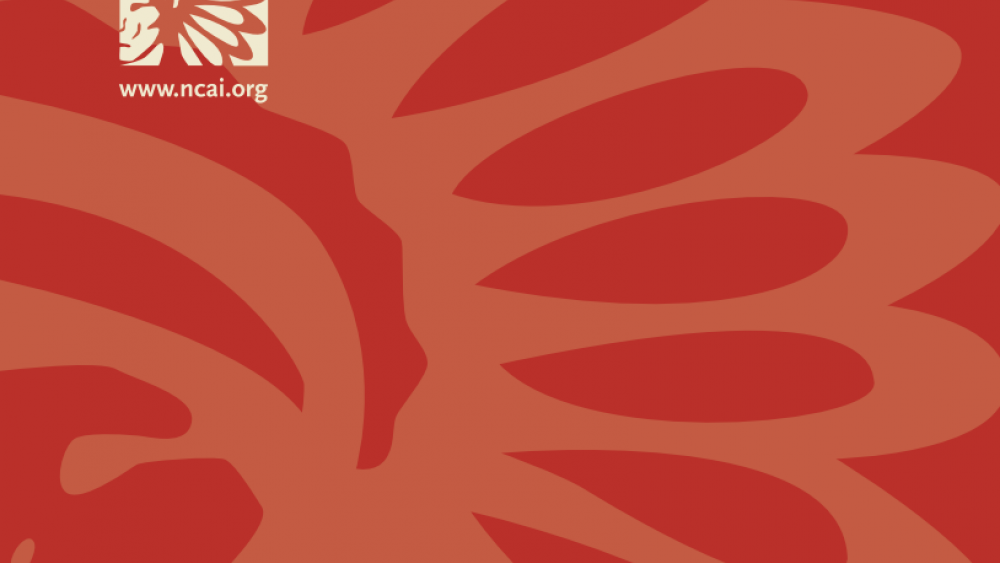
Leadership and Communications in Indian Country
This four-page report outlines the key findings from interviews with five tribal leaders and tribal communications officers across the country. The conversations focused on exploring how communications helps in their daily work, how the communications playing field has changed over the years and…
